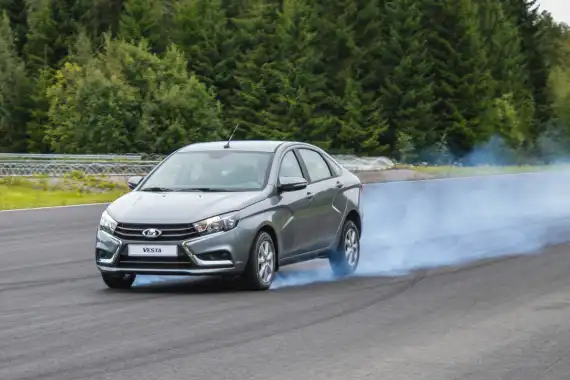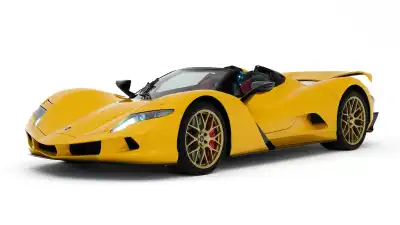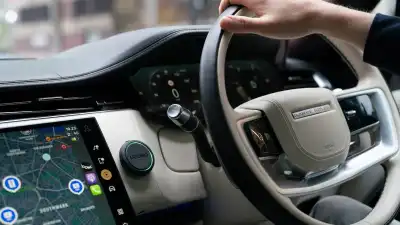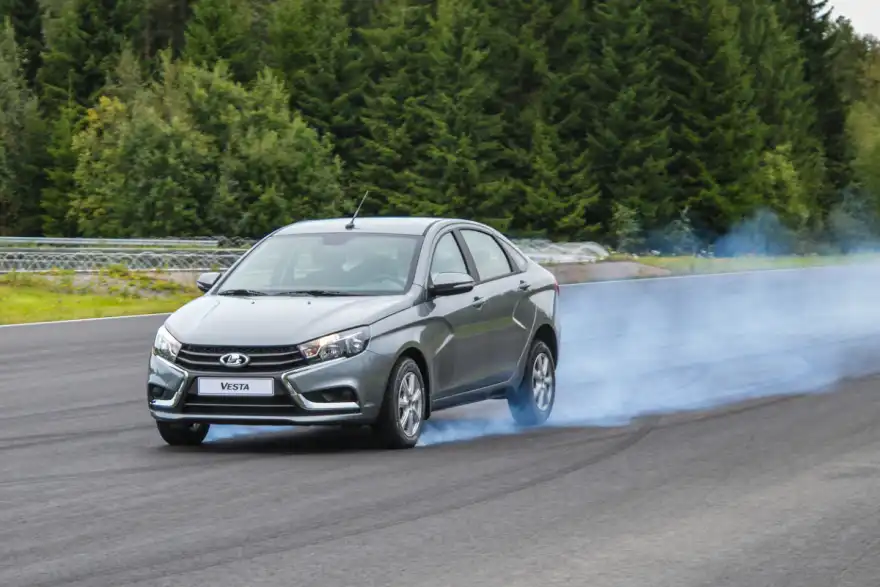
Throughout our driving journey, it's not uncommon for bad habits to sneak their way into our routines. Whether we are oblivious to their existence or simply choose to turn a blind eye, these habits can have far-reaching consequences.
While some may dismiss their driving style as inconsequential, the reality is that certain habits can inflict damage upon your car and can lead to costly trips to the garage for repairs.
How many of the following bad habits are you guilty of?
1. Engine Braking or Shifting Gears to Reduce Speed
It's tempting to use engine braking or downshifting to slow down your car, but this practice can actually harm your drivetrain, specifically the clutch and transmission. Relying heavily on your gears for braking, especially at higher speeds, can lead to premature wear and a shorter engine lifespan. Instead, it's best to use your brake pedals lightly when decelerating.
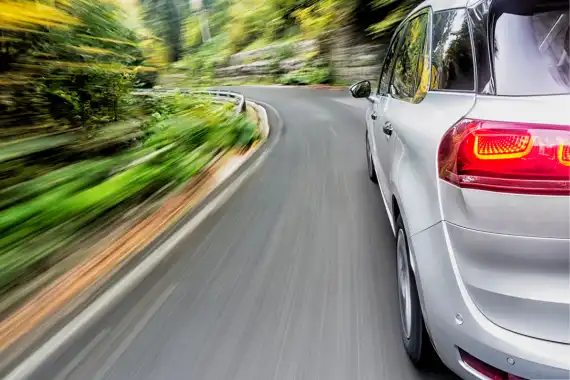
2. Hitting Potholes and Speed Bumps
Potholes can wreak havoc on your vehicle, accounting for a significant portion of reported vehicle damage. These road hazards can lead to bent wheels, tyre bulges, cracked alloys, and misalignment issues. Whenever possible, avoid potholes to safeguard your car's well-being. Similarly, driving over speed bumps without reducing speed can cause damage to the front and rear of your vehicle, as well as the underside and exhaust system.
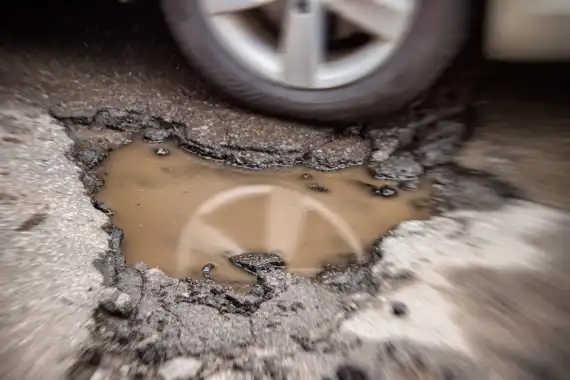
3. Revving the Engine When Cold
Regular short trips aren't detrimental to your car as long as you avoid revving the engine until it has warmed up. When starting a cold engine, give it time to warm up, allowing the oil to circulate properly and prevent potential damage and unnecessary wear and tear.
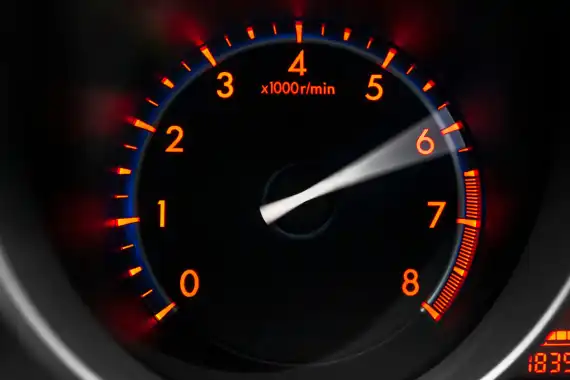
4. Resting Your Hand on the Gearstick
Remember when your driving instructor emphasised keeping both hands on the wheel? As experienced drivers, we sometimes fall into the habit of resting our hand on the gearstick. However, this seemingly innocuous act can be detrimental to the transmission. The gear stick is connected to a selector fork that engages with a rotating collar. Placing your hand on the gearstick can apply pressure to the selector fork, causing premature wear. Take note of your owner's manual, as some specifically advise against resting your hand on the gearstick.
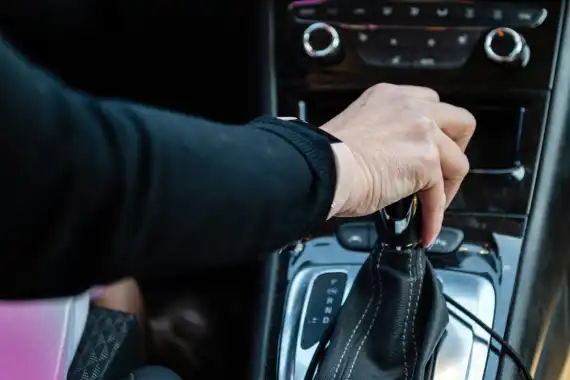
5. Shifting from Drive to Reverse Before Stopping
For those with automatic transmissions, shifting between reverse and drive (and vice versa) without coming to a complete stop is detrimental to the transmission. Automatic transmissions are designed to shift gears, so it's best to let the brakes handle the stopping. Shifting gears prematurely can cause wear and tear on the transmission band, which is a costlier repair than maintaining the brake discs and pads. The same applies to manual transmissions, where it's advisable to come to a full stop before engaging reverse gear.
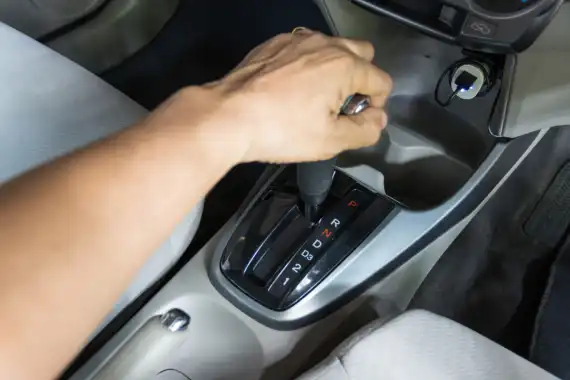
6. Ignoring Warning Lights
Modern dashboards are equipped with numerous warning lights, each indicating different issues. While some lights, such as low washer fluid or a blown bulb, can be addressed later, others require immediate attention. Familiarise yourself with your owner's manual to understand the meaning behind each warning light and prioritise the serious ones. If dashboard warnings like engine/ECU, braking system, power steering failure, airbag, oil pressure, or cooling system appear, it's advisable to stop the vehicle and seek help from your breakdown provider or a trusted garage.
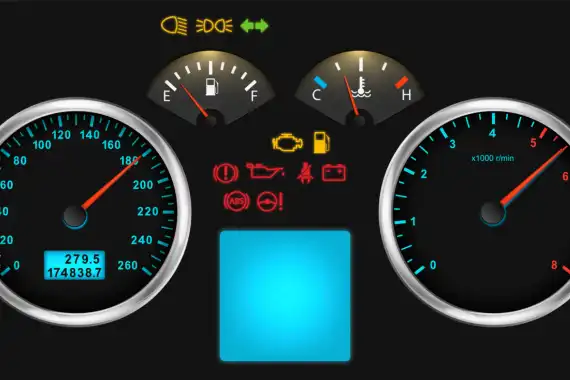
7. Overloading Your Vehicle
While modern cars are designed to handle heavy loads, it's crucial not to exceed their maximum load weight. Consult your owner's manual to determine the recommended weight limit for your car. The more weight you carry, the more stress you put on your brakes, suspension, and drivetrain. Additionally, keep in mind that leaving unnecessary items in your car's boot can impact fuel economy and emissions, so it's wise to travel light whenever possible.

8. Riding the Clutch
Continuously riding the clutch is not only a bad habit but is also considered a "wear and tear" item, which typically isn't covered by warranties. Avoid keeping your foot on the clutch pedal after changing gears, and when performing hill-starts, use the handbrake while the car is in neutral until you're ready to move.
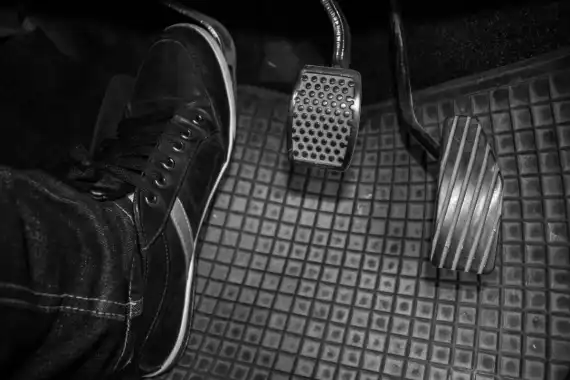
9. Flooring the Accelerator in a High Gear
Modern cars often come equipped with gear shift indicators that suggest when to shift gears for optimal fuel efficiency. However, be mindful of the downshift icon as accelerating at low rpm or in too high a gear forces your engine to work harder, placing undue strain on the motor. Remember to downshift and let the revs rise before shifting up, especially when carrying heavy loads or ascending hills.

10. Late Braking
While emergency stops may be unavoidable at times, consistent late braking places additional strain on your braking system, causing faster wear on brake pads and discs. It also negatively affects fuel consumption. Adopting a more cautious and anticipatory driving style, allowing for gradual and early braking, is not only better for your car but also contributes to a safer and more eco-friendly driving experience.
